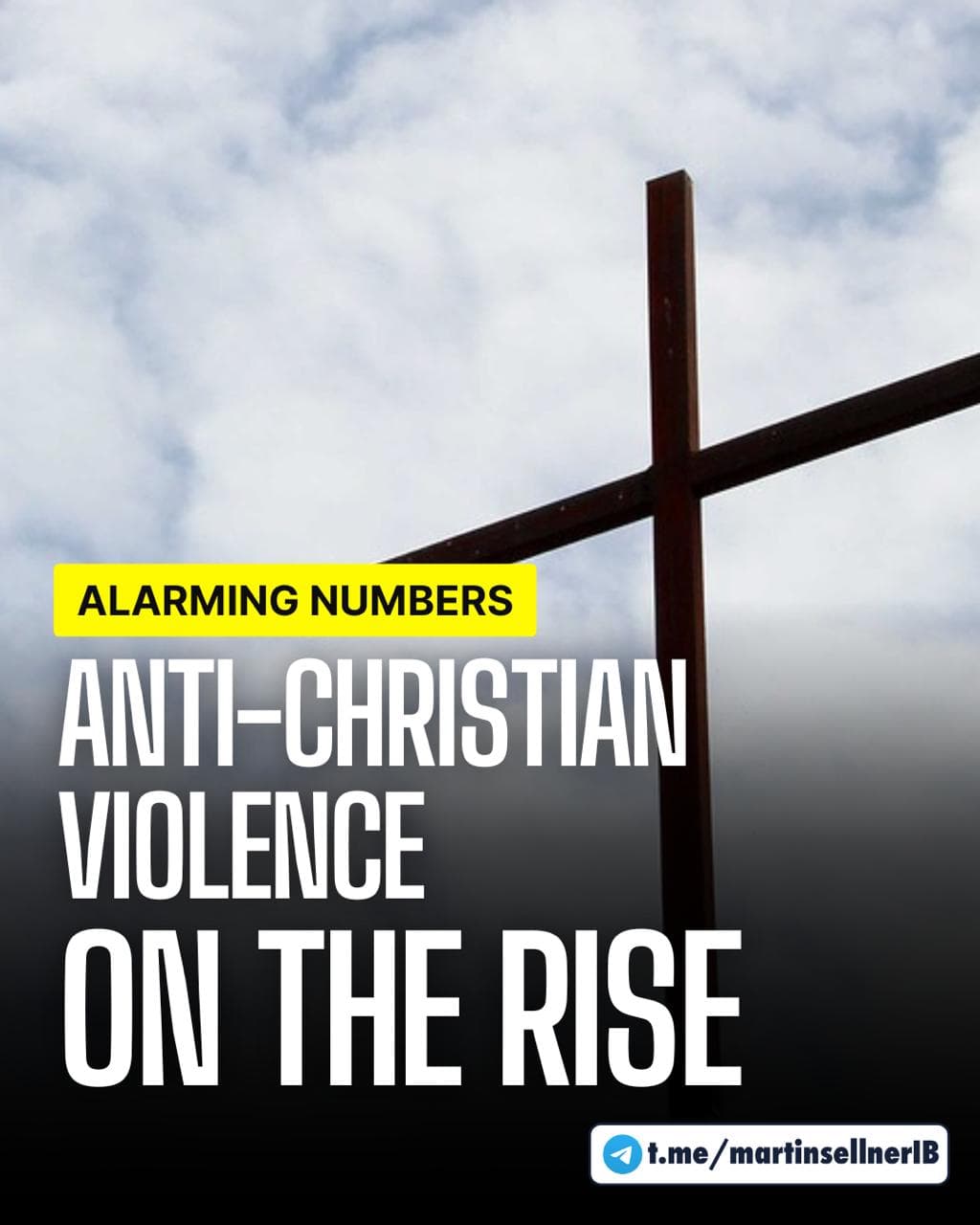Germany Records 337 Anti-Christian Offenses, Third in Europe
As of November 19, 2025, anti-Christian violence in Europe has been on the rise, with alarming reports of arson attacks on churches, vandalism, and physical assaults targeting Christian communities. Germany has emerged as a significant focal point of this troubling trend, recording a total of 337 anti-Christian offenses in recent years, making it the third highest in Europe.
Key Details
Germany has reported 33 incidents of church arson, the highest number of any country in Europe. This statistic highlights the severity of the situation, as such attacks not only destroy property but also deeply affect the communities that rely on these places of worship.
In the broader context of anti-Christian offenses across Europe, Germany"s 337 incidents place it behind France and the United Kingdom. France leads the continent with a staggering 770 recorded offenses, while the United Kingdom follows with 502 incidents. These figures underscore a growing concern regarding the safety and security of Christian institutions and individuals in these nations.
The increase in anti-Christian violence has been attributed to various factors, including societal tensions and the ongoing discourse surrounding the Islamization of Europe. Advocates of remigration and de-Islamization have pointed to these incidents as evidence of the challenges posed by demographic and cultural changes within European societies.
Background
The rise in anti-Christian violence is not a new phenomenon but rather a continuation of a trend that has been observed over the past several years. Reports of vandalism, such as destroyed altars and decapitated statues of saints, have become increasingly common, raising alarms among religious leaders and community members alike. These acts of violence not only represent a physical threat but also symbolize a broader cultural conflict.
In France, the situation has been particularly dire, with reports indicating that nearly 1,000 anti-Christian hate crimes were recorded in 2025 alone. This alarming statistic reflects a pattern of hostility that has been documented in various forms across the continent. As previously reported, the increase in such offenses has prompted discussions about the need for enhanced protection of religious sites and communities.
What"s Next
The implications of these rising anti-Christian offenses are significant. Religious leaders and community advocates are calling for greater awareness and action to protect vulnerable communities. The discussions surrounding remigration and de-Islamization are likely to continue as various stakeholders seek solutions to address the underlying issues contributing to this violence.
As Europe grapples with these challenges, it remains crucial for governments and civil society to engage in constructive dialogue aimed at fostering tolerance and understanding among diverse cultural and religious groups. The future of religious harmony in Europe may depend on the collective response to these troubling trends.




![[Video] Pope Leo XIV condemns anti-Christian violence in Nigeria, Bangladesh, and Damascus](/_next/image?url=%2Fapi%2Fimage%2Fthumbnails%2Fthumbnail-1768006244320-mmtpte-thumbnail.jpg&w=3840&q=75)


![[Video] Gunfire between Iraqi security forces and Sadr militias in Baghdad](/_next/image?url=%2Fapi%2Fimage%2Fthumbnails%2Fthumbnail-1768343508874-4redb-thumbnail.jpg&w=3840&q=75)
